Are We Normalizing Disaster? The Case Of Betting On The Los Angeles Wildfires
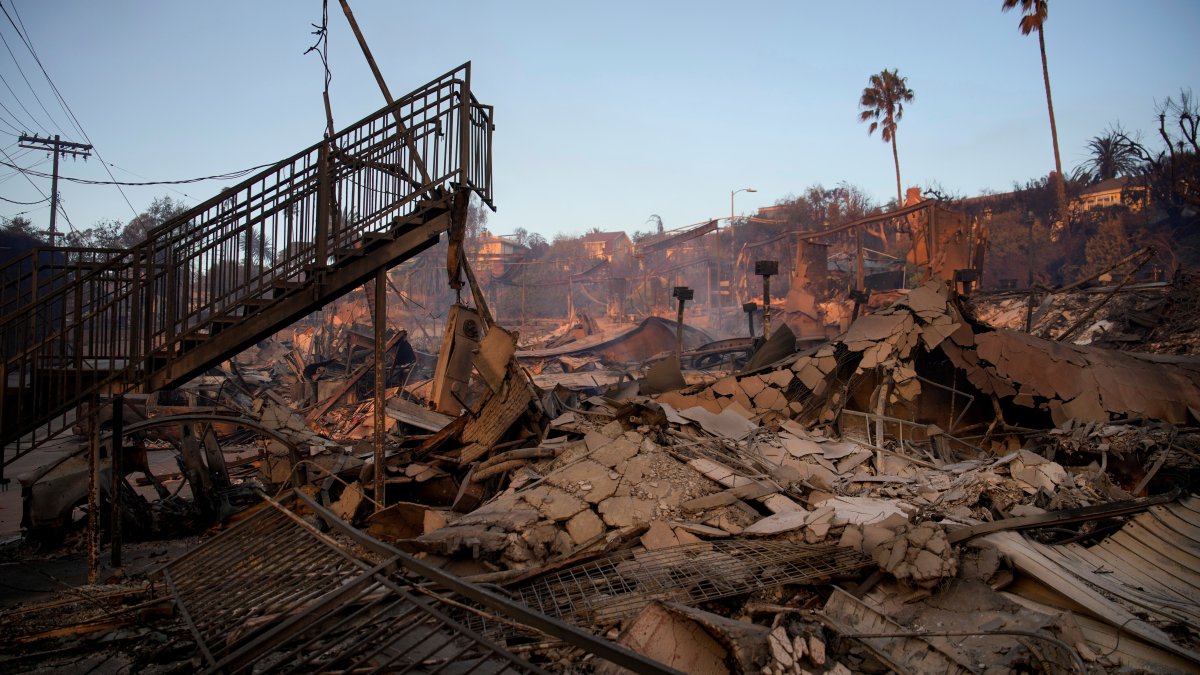
Table of Contents
The Rise of Disaster Betting Markets
The emergence of platforms offering bets on wildfire severity – predicting factors like the acreage burned, the duration of the fire, the number of structures destroyed, and even the specific areas affected – represents a concerning development. These markets, often found online, allow individuals to wager on the intensity and impact of Los Angeles wildfires, transforming a devastating natural event into a form of speculation. The motivations behind this trend are complex, likely involving a mixture of thrill-seeking, the allure of potentially high financial returns, and perhaps even a morbid curiosity.
- Examples of specific betting markets: Some platforms may offer odds on whether a wildfire will exceed a certain acreage, the total cost of damage, or even the number of evacuations ordered.
- Data on the growth of this market: While precise data on the size of this specific market remains elusive due to the unregulated nature of some betting platforms, anecdotal evidence suggests a concerning upward trend.
- Legal and ethical concerns: The legality and ethical implications of betting on natural disasters are significant. Such practices could be considered morally reprehensible, profiting from human suffering and potentially undermining efforts to mitigate the impact of these events. Regulatory bodies are likely to face increasing pressure to address this issue.
The Desensitization Effect
The act of betting on wildfires can lead to a troubling normalization and even trivialization of these catastrophic events. By framing wildfires as a form of gambling, we risk diminishing the profound human cost – the loss of life, homes, and livelihoods – associated with these disasters. This shift in perception has significant psychological ramifications.
- Media portrayal and desensitization: Sensationalized media coverage focusing on the betting aspect might inadvertently contribute to the normalization of disaster, overshadowing the real-world consequences.
- Compassion fatigue: The constant exposure to disasters, coupled with the opportunity to profit from them, can lead to compassion fatigue, a state of emotional exhaustion reducing empathy and willingness to engage in relief efforts.
- Long-term societal effects: Continued desensitization could lead to decreased public support for wildfire prevention initiatives and reduced investment in crucial resources.
Impact on Wildfire Prevention and Response
The focus on betting on wildfires diverts attention and resources away from crucial efforts in prevention and response. This prioritization of financial gain over community safety has serious ramifications.
- Misallocation of resources: Limited budgets might be shifted away from essential preventive measures, such as improved forest management, early warning systems, and fire suppression capabilities, toward addressing the consequences of wildfires.
- Impact on insurance and preparedness: The increased financial risk associated with wildfires, exacerbated by the betting markets, could lead to higher insurance premiums and decreased community preparedness.
- Ethical implications of profiting from disaster: The very act of profiting from the suffering of others raises profound ethical questions that demand critical examination.
The Role of Media and Social Media
Media coverage plays a crucial role in shaping public perception of wildfire betting. Sensationalized reporting might inadvertently normalize the practice, while responsible journalism should highlight the ethical concerns. Social media platforms, meanwhile, can spread awareness – both accurate and inaccurate – amplifying the debate.
- Examples of media portrayals: Some media outlets might focus on the excitement of the betting markets, while others might emphasize the ethical implications.
- Influence of social media influencers: Social media influencers could unintentionally promote this trend, potentially influencing their followers' attitudes.
- Public sentiment: Analyzing public sentiment on platforms like Twitter and Instagram can reveal prevalent attitudes towards wildfire betting and the ethical dilemmas involved.
Conclusion
Betting on the Los Angeles wildfires, and similar natural disasters, represents a disturbing trend that normalizes tragedy and undermines vital preventative efforts. The desensitization it fosters, coupled with the misallocation of resources, poses serious risks to communities already grappling with the devastating impact of wildfires. While the allure of betting on the Los Angeles wildfires might seem tempting, we must remember the devastating human cost of these disasters. Let's reject the normalization of tragedy and instead focus our energies on responsible prevention and support for affected communities. Let's stop betting on disaster and start working towards a safer future, investing in wildfire prevention and supporting those impacted by these devastating events. Let's prioritize community well-being over short-sighted financial gain.

Featured Posts
-
 Deadline Looms Kyivs Crucial Decision On Trumps Ukraine Plan
Apr 22, 2025
Deadline Looms Kyivs Crucial Decision On Trumps Ukraine Plan
Apr 22, 2025 -
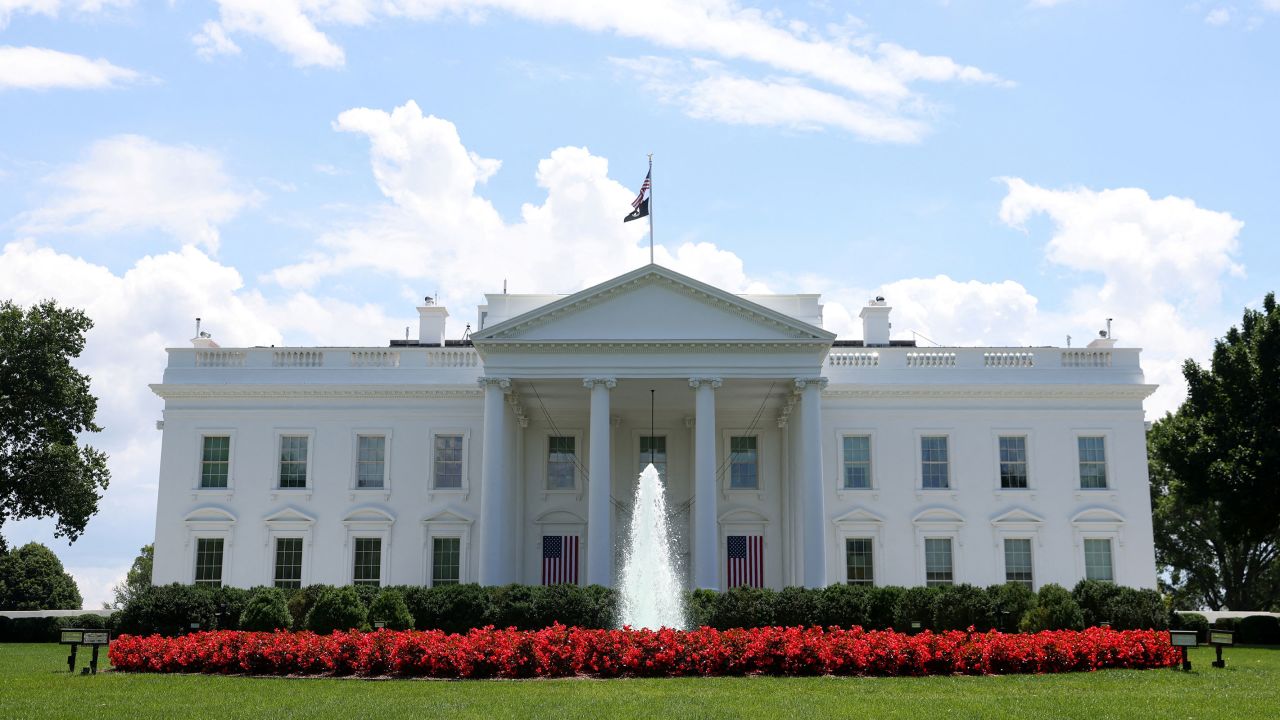 Cocaine Found At White House Secret Service Ends Investigation
Apr 22, 2025
Cocaine Found At White House Secret Service Ends Investigation
Apr 22, 2025 -
 Us Protests Against Trump Voices From Across The Nation
Apr 22, 2025
Us Protests Against Trump Voices From Across The Nation
Apr 22, 2025 -
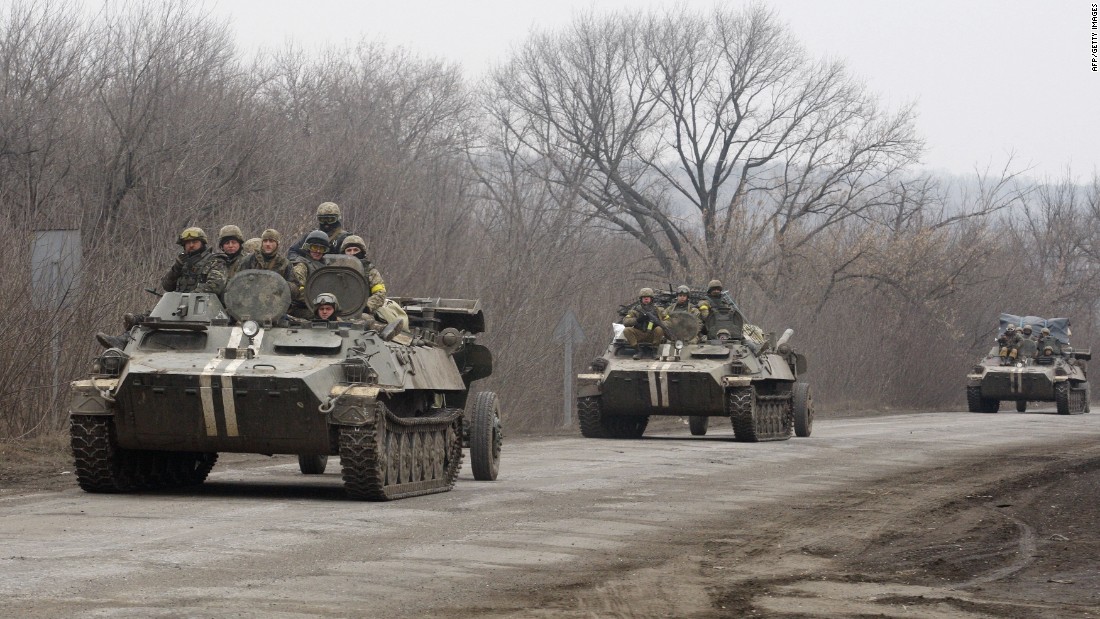 Ukraine Crisis Escalates Deadly Russian Air Strikes And The Us Peace Initiative
Apr 22, 2025
Ukraine Crisis Escalates Deadly Russian Air Strikes And The Us Peace Initiative
Apr 22, 2025 -
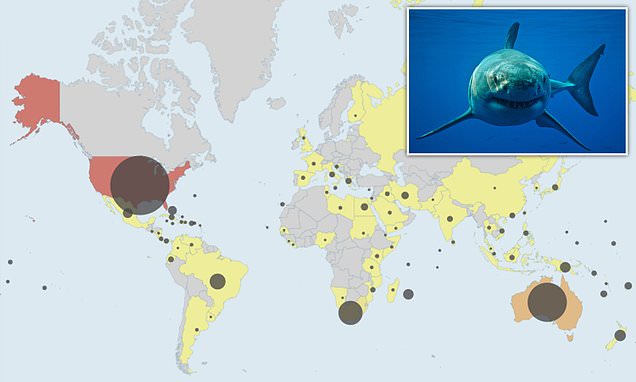 New Business Hotspots Across The Nation An Interactive Map
Apr 22, 2025
New Business Hotspots Across The Nation An Interactive Map
Apr 22, 2025
Latest Posts
-
 Bundesliga Absteiger 2023 24 Bochum Und Holstein Kiel Leipzig Entgeht Cl
May 12, 2025
Bundesliga Absteiger 2023 24 Bochum Und Holstein Kiel Leipzig Entgeht Cl
May 12, 2025 -
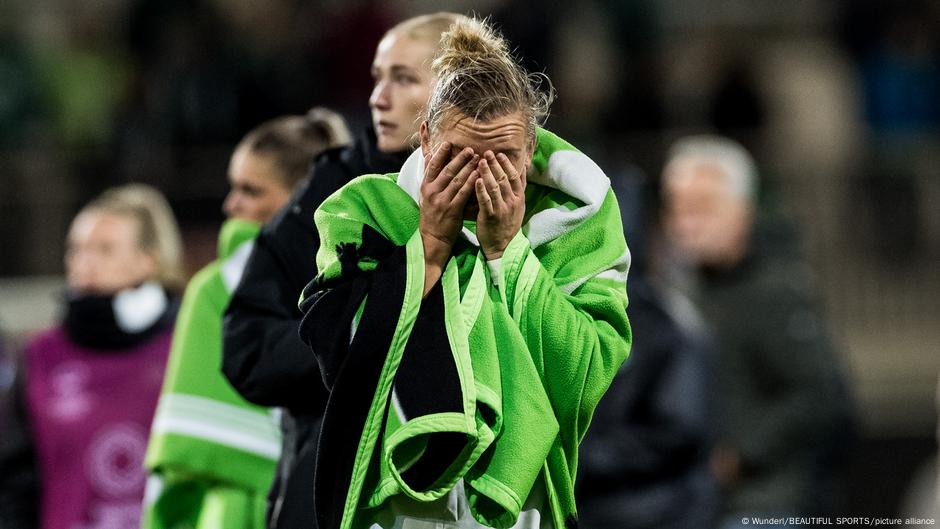 Bochum Und Holstein Kiel Abstieg Besiegelt Leipzig Scheitert In Der Champions League Qualifikation
May 12, 2025
Bochum Und Holstein Kiel Abstieg Besiegelt Leipzig Scheitert In Der Champions League Qualifikation
May 12, 2025 -
 Bochum Und Holstein Kiel Aus Der Bundesliga Abgestiegen Leipzig Verpasst Champions League
May 12, 2025
Bochum Und Holstein Kiel Aus Der Bundesliga Abgestiegen Leipzig Verpasst Champions League
May 12, 2025 -
 Draw Maintains Holstein Kiels Relegation Fight And Delays Mainzs Champions League Push
May 12, 2025
Draw Maintains Holstein Kiels Relegation Fight And Delays Mainzs Champions League Push
May 12, 2025 -
 Werder Bremens Victory Over Holstein Kiel A Detailed Analysis
May 12, 2025
Werder Bremens Victory Over Holstein Kiel A Detailed Analysis
May 12, 2025
